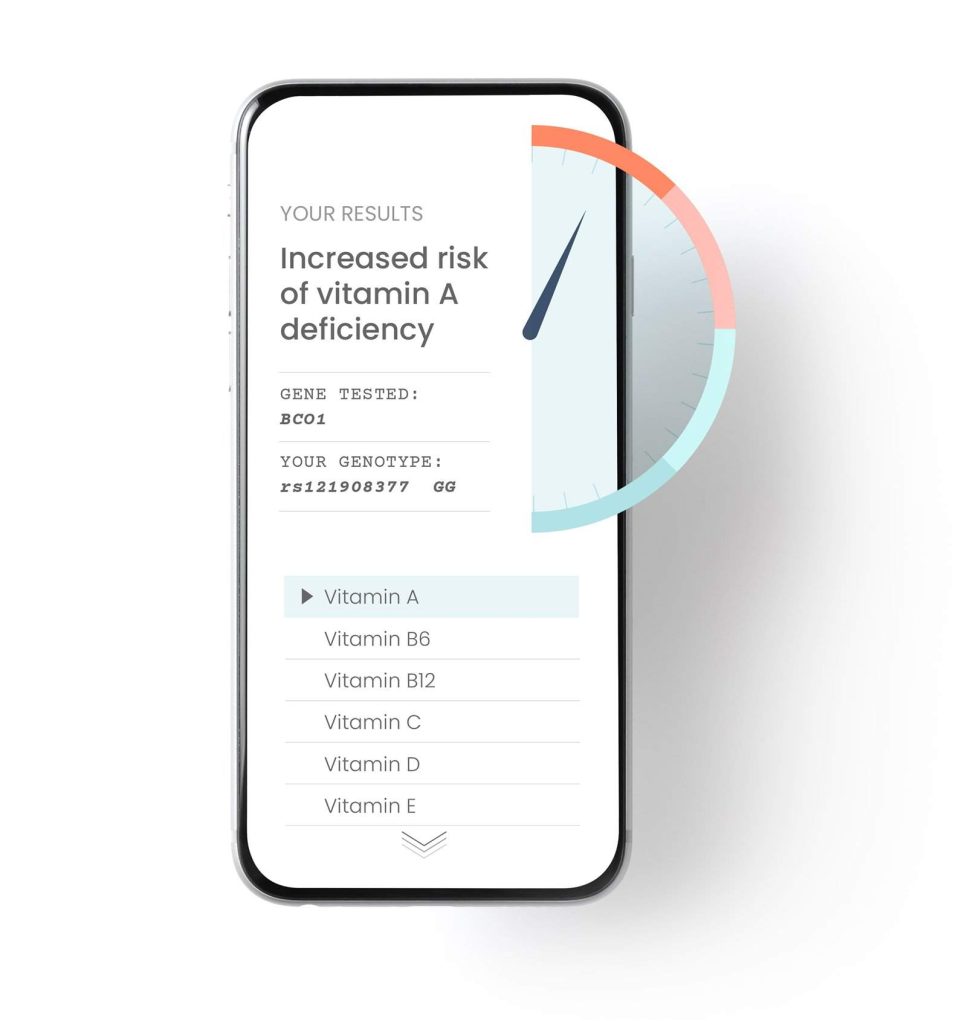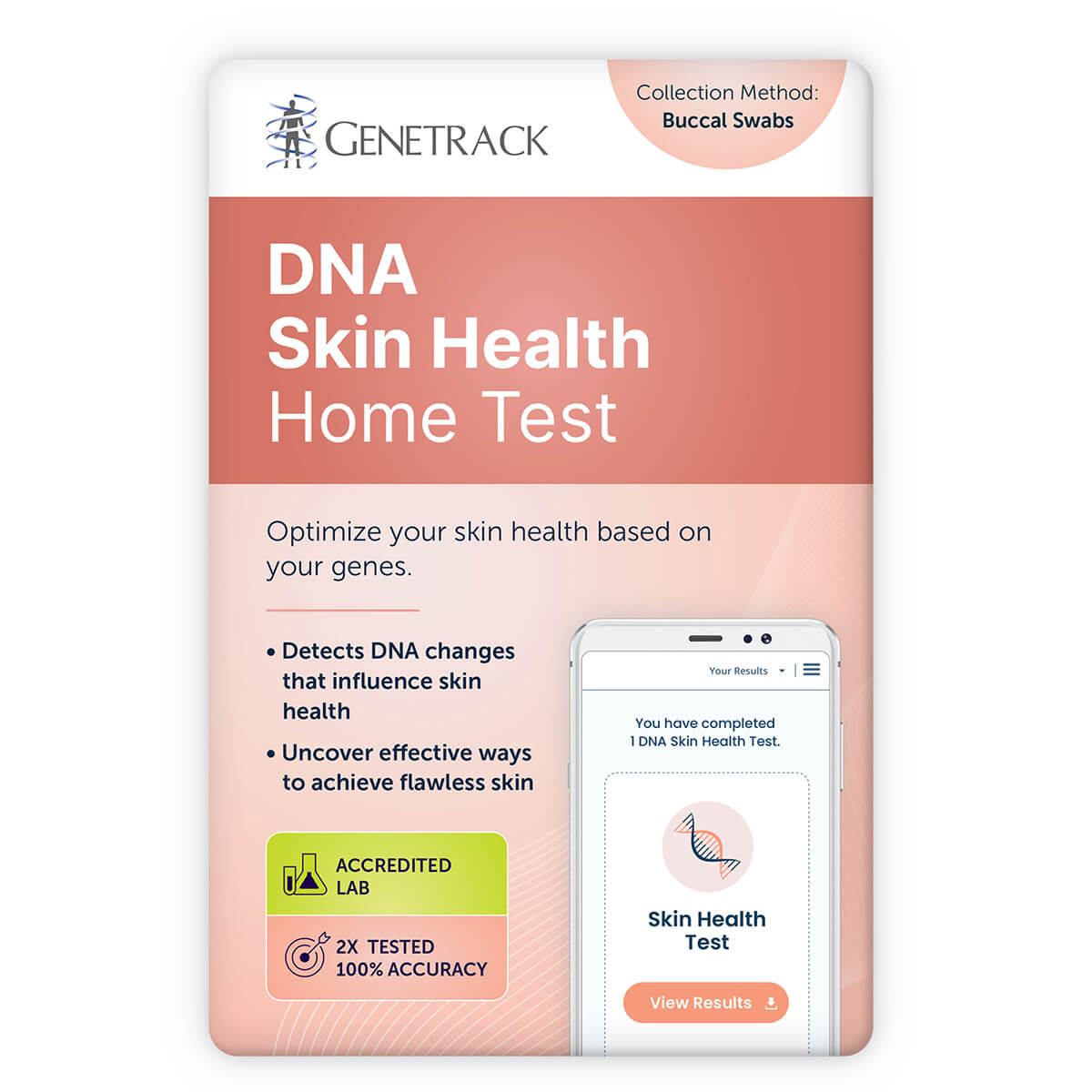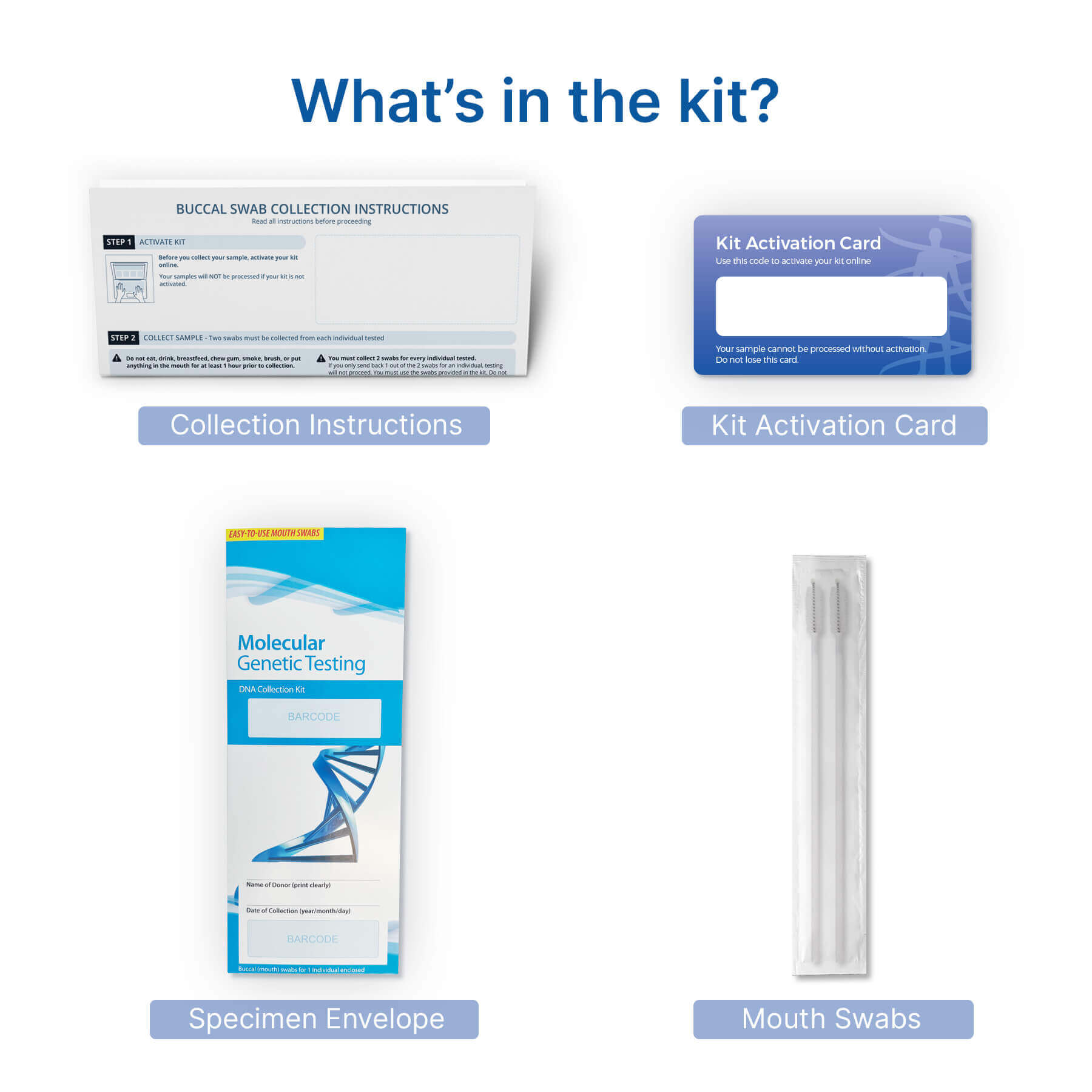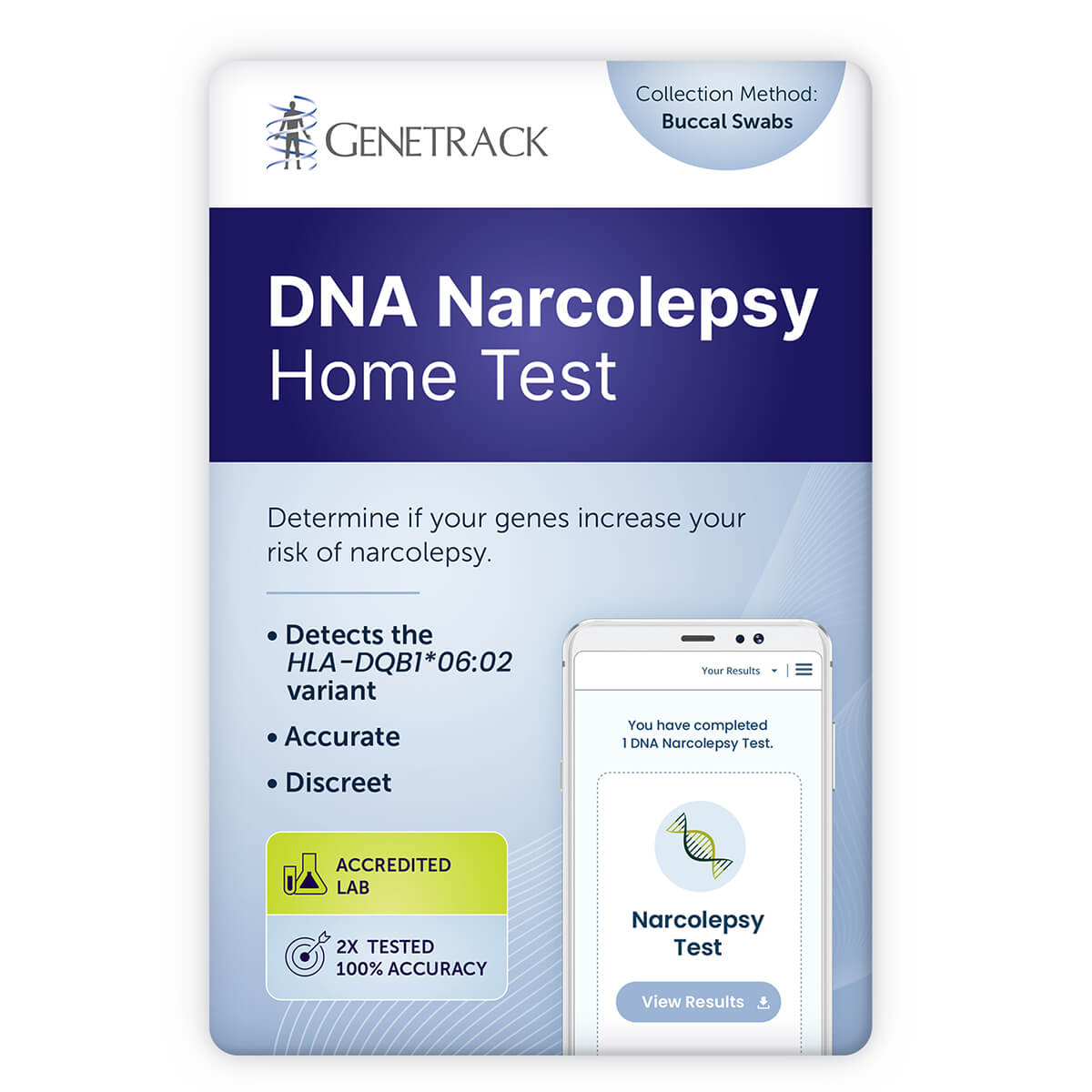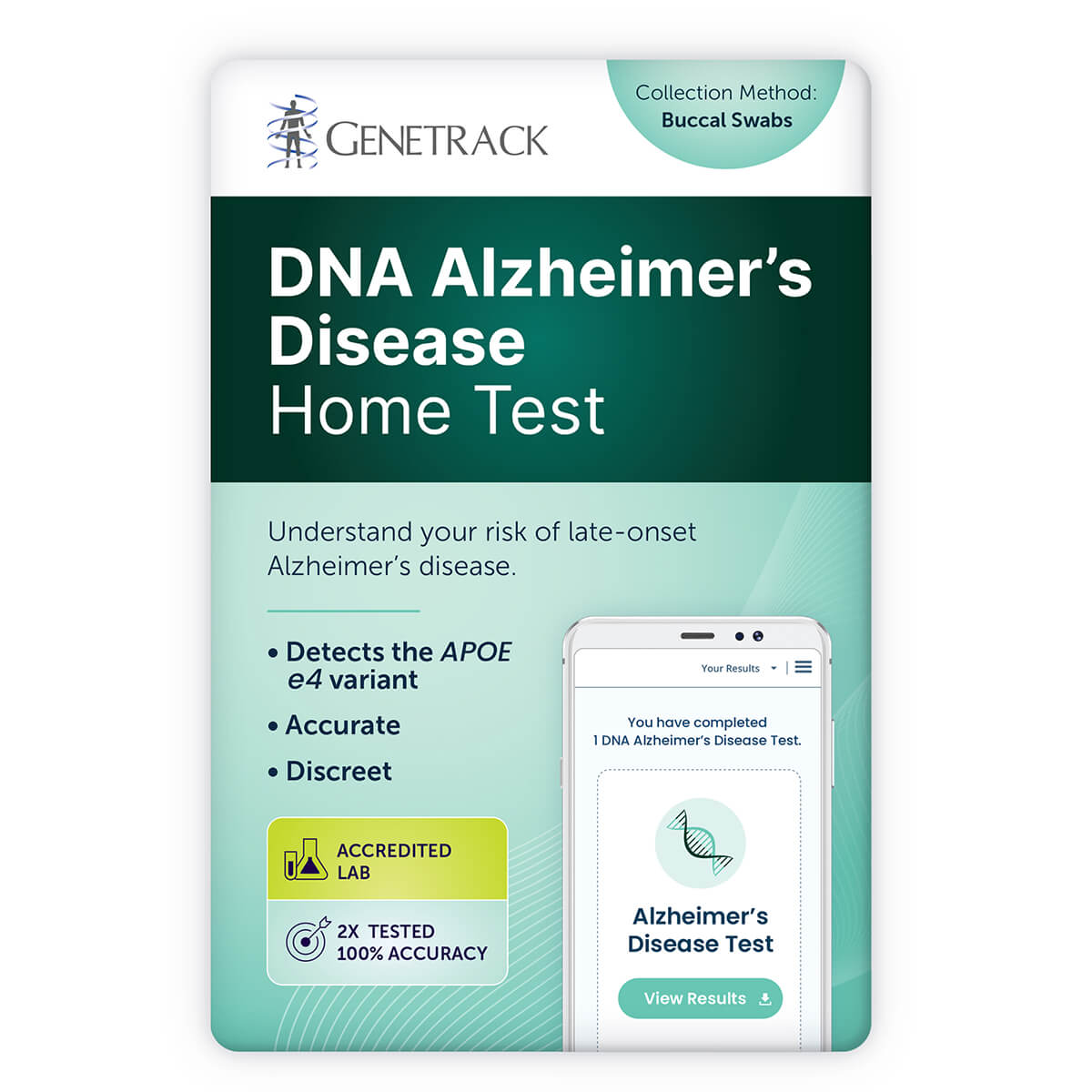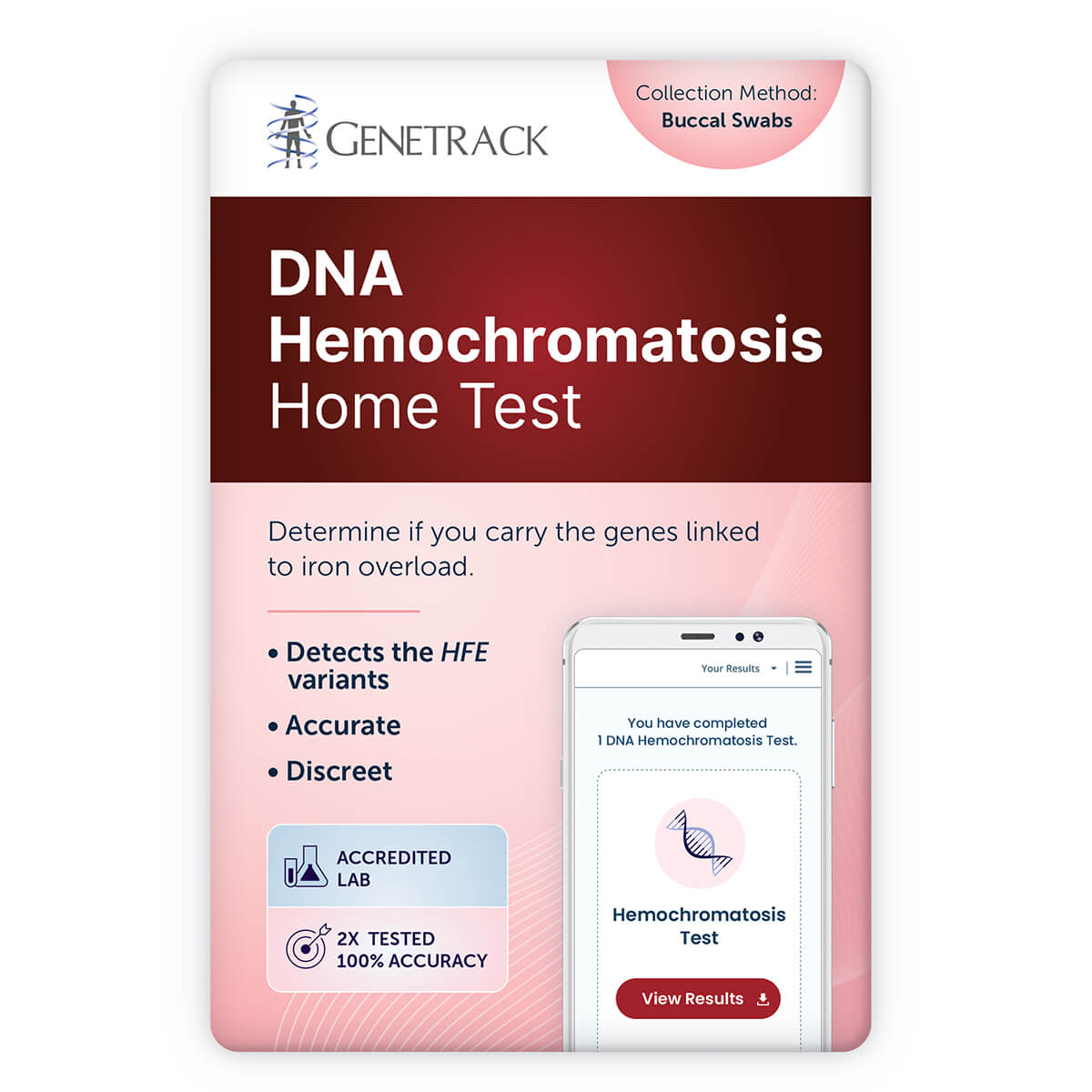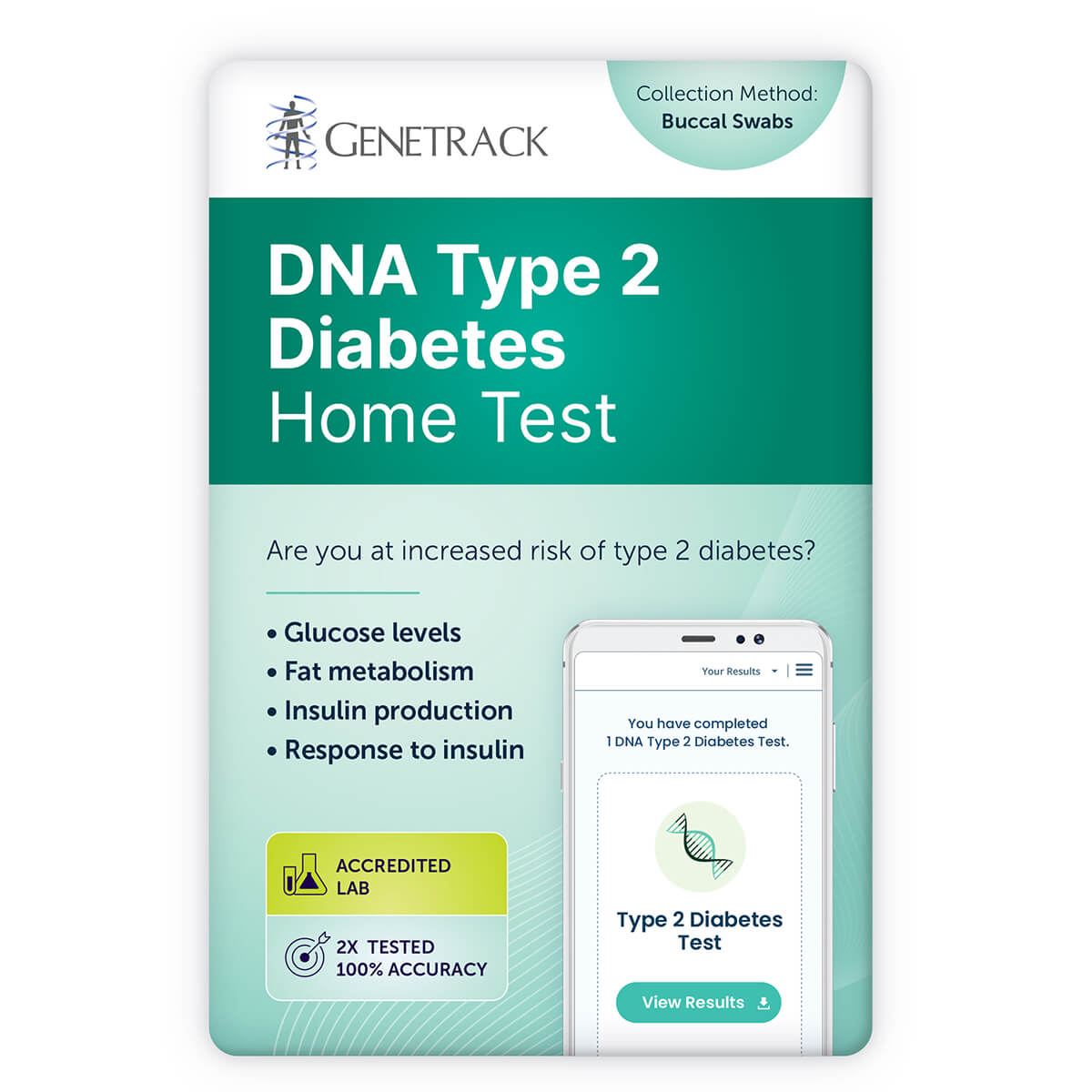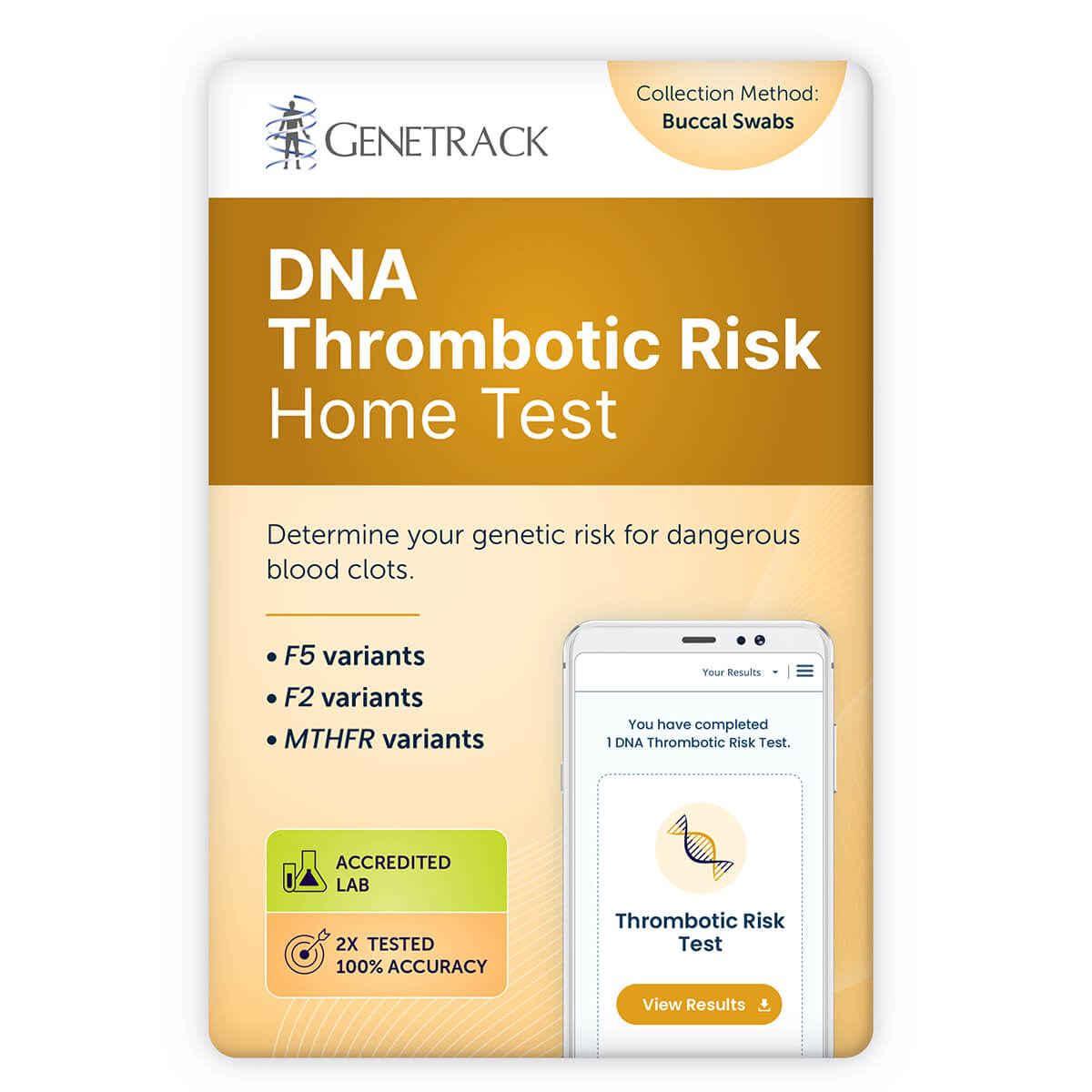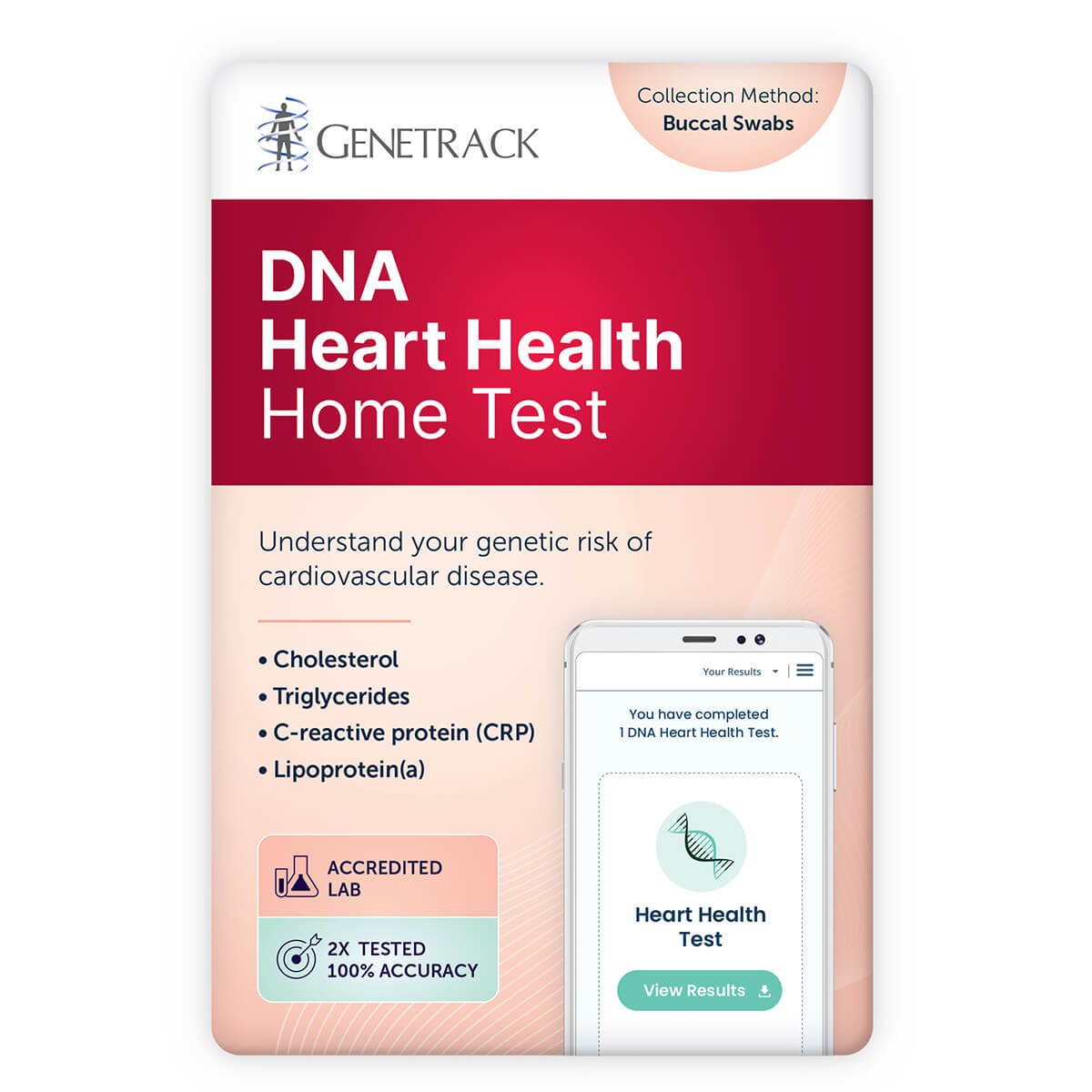DNA Skin Health Test
Determine your genetic risk of common skin conditionss
Offer your skin the special attention it deserves, from choosing the best products to diets and habits that will preserve its allure. Uncover the secrets of personalized skin care with this DNA test.- Detects DNA changes that influence your skin health
- Includes likelihood of common skin disorders and sensitivity to sun
- Uncover the most effective ways to achieve flawless skin
- Painless sample collection & confidential online results
฿19,420
AABB, ISO17025 & CLIA accredited lab
Discover the secrets of your skin’s health and appearance
The appearance of your skin is an excellent indicator of your overall health. Nutritional deficiencies can cause pale, sallow skin, specific irritants or foods can cause an inflammatory response, and too much sun exposure leads to increased wrinkles and age spots. Other changes, like cellulite and stretch marks, are not physically harmful, but can have a psychological impact on some people.
The skin health industry is a rapidly growing industry and targeted treatments are continuously being developed. Knowing your genetic risks empowers you to take preventative action through lifestyle changes, skin care routines, and healthcare decisions.
Everyone wants perfect skin, without any blemishes, cellulite or wrinkles. This DNA Skin Health test identifies genetic variants that influence your skin’s health and appearance. Your results will help you to customize your skin care routine based on your genes.
Sun exposure
Freckles and age spots are harmless but visible dark skin spots that develop in fair-skinned people after sun exposure. These hyperpigmented areas arise when sunlight triggers melanin overproduction in clusters of skin cells. People prone to freckles and age spots are more susceptible to UV damage.
Tanning refers to the skin’s darkening response to UV radiation. UVA rays oxidize existing melanin, rapidly darkening skin with little sunburn protection and short-term results. UVB exposure leads to delayed tanning 2-3 days later, increased melanin production, and longer-lasting color with some sunburn protection. Those unable to tan well face higher risks of sun-related health issues.

Cellulite and stretch marks
Cellulite and stretch marks are common, harmless skin changes in women that can cause distress. Both have genetic influences.
Cellulite results from alterations to fat tissue under the skin, causing a dimpled appearance on the thighs, buttocks, and abdomen of over 85% of post-pubertal females but rarely males.
Stretch marks arise from tearing in the dermis layer of skin. They affect over 50% of women and 25% of men, often during growth spurts, rapid weight changes, long-term steroid use, or pregnancy.
Inflammatory skin conditions
Eczema, rosacea, and psoriasis are inflammatory skin conditions with genetic and environmental triggers. Eczema has a strong genetic association with FLG gene variants affecting a key skin protein.
Rosacea symptoms include facial reddening, swelling, pimples, and blood vessels. Suspected triggers are sunlight, heat, alcohol, exercise, stress, spicy foods, menopause, and skin bacteria. Underlying causes are unknown.
Psoriasis ranges from mild (often on the forearms, scalp, or navel) to severe, full-body outbreaks. There are genetic risk factors, but triggers also include medications, foods, infections, and stress.

Varicose veins
Varicose veins are twisted, enlarged leg veins. Faulty valve leaflets allow backward blood flow, vein enlargement, and twisting.
Varicose veins most often affect women over 50. Contributing factors include pregnancy, obesity, menopause, prolonged standing, leg injury, and genetic variants like MTHFR.
Skin aging
Wrinkles and loose skin reflect aging. Our bodies protect against reactions that age skin, but genetic variations affect these mechanisms.
Glycation impairs collagen and elastin, reducing skin flexibility. Glycation protection removes these products, but GLO1 gene variants decrease protection, increasing skin aging.
Oxidation produces free radicals that damage cell components. Antioxidant and detoxification enzymes control these. But GPX1 and NQO1 gene variants reduce enzyme efficiency, promoting skin aging signs.
Wrinkles form as skin flexibility and protection decline with age. Tissue breakdown outpaces synthesis, contributing to wrinkles. Smoking, alcohol, and sunlight also contribute. Matrix metalloproteinases (MMPs) degrade tissues in wrinkling. Specific MMP gene variants and UV-induced MMPs associate with more wrinkles.

What’s measured?
Our DNA test examines genetic variants related to the following skin characteristics:
- Cellulite susceptibility
- Stretch mark predisposition
- Varicose vein likelihood
- Skin inflammation (eczema, rosacea, psoriasis)
- Skin aging factors (glycation, oxidation, wrinkles)
- Sun exposure traits (freckles, age spots, tanning response)
… and many more!
Deep Dive into Key Genetic Insights
Get a better understanding of the genetic factors behind:
- Freckle and age spot formation from sun exposure
- Genetic influences on cellulite and stretch marks
- The role genetics plays in inflammatory skin conditions
- Contributing factors to varicose veins
- Processes like glycation, oxidation, and wrinkling that lead to skin aging
How Home DNA Testing Works

Order Test Kit
From relationship tests to health tests, we offer a wide range of DNA tests to fit your needs.

Collect & Ship
Collect your DNA with our painless mouth swabs, then send the samples to our laboratory for analysis

Receive Results
Access your confidential results online the moment testing is completed. Our team of experts is available for any questions.
Electronic Reports Delivery
